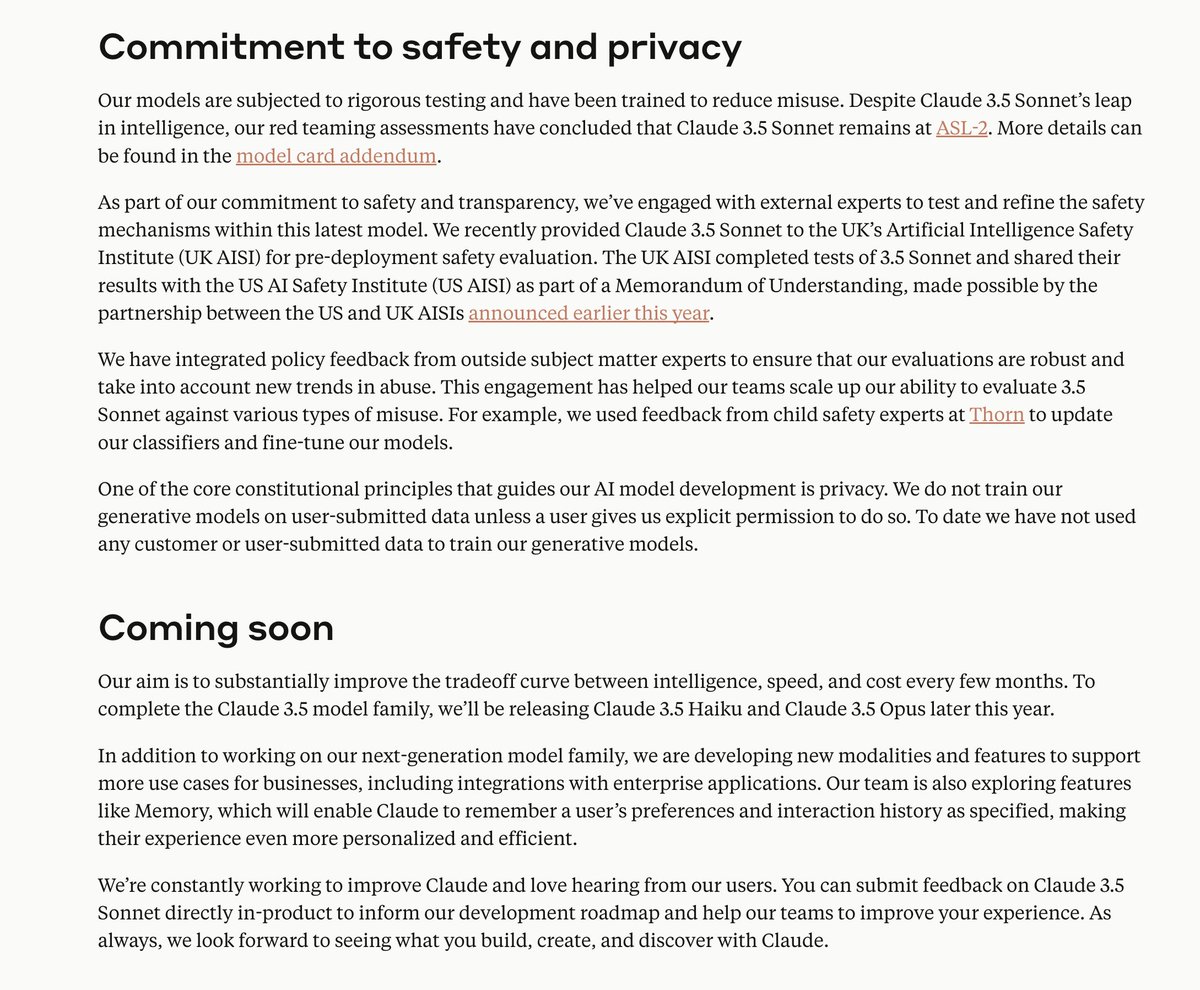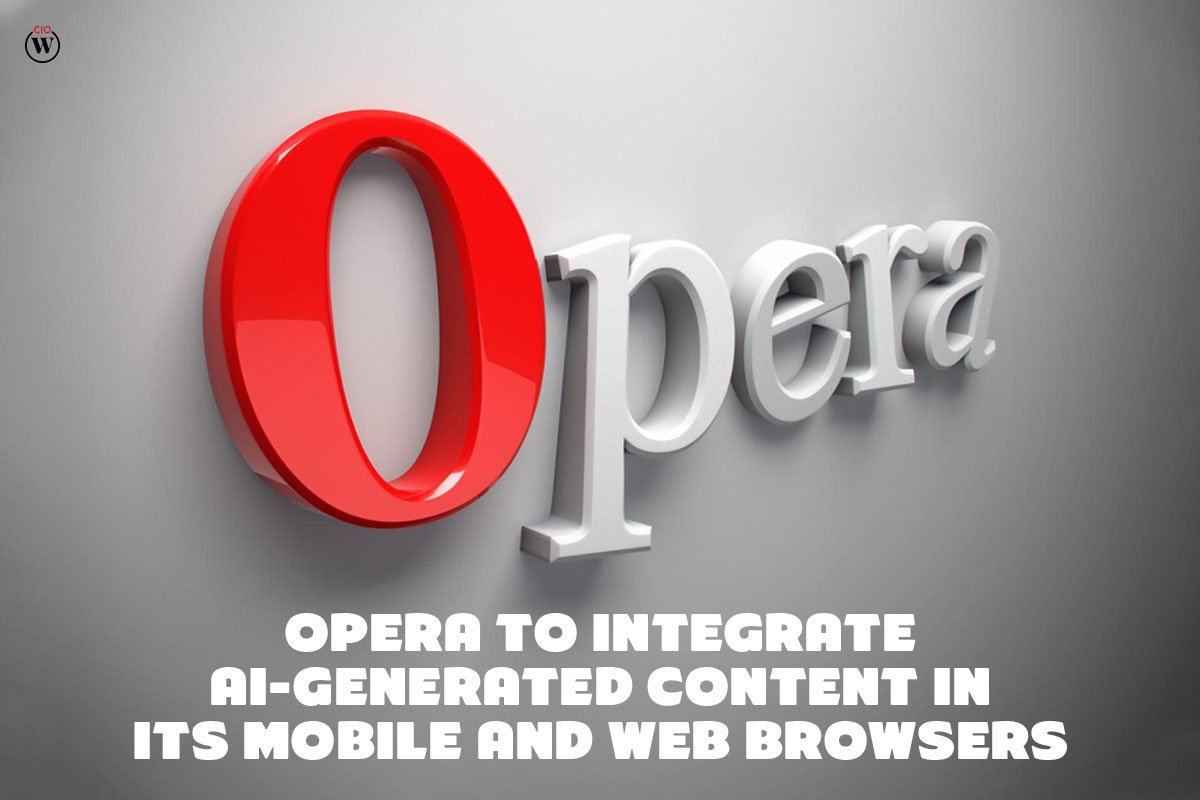The Rise of Claude: Anthropic’s Latest LLM Iteration Challenges OpenAI’s Dominance
The large language model (LLM) space is heating up, and Anthropic is leading the charge with its latest iteration of the Claude chatbot family - Claude 3.5. This new model promises significant performance improvements across various benchmarks, potentially disrupting the dominance of established players like OpenAI and Google.
The LLM space is rapidly evolving, with new models and capabilities emerging every quarter.
The Claude family boasts three tiers of LLMs: Haiku (beginner), Sonnet (intermediate), and Opus (advanced). Anthropic claims Claude 3.5 Sonnet outperforms its predecessor, Claude 3 Opus, in benchmark tests while offering a more cost-effective deployment option.
“The new model is a game-changer for the industry,” said a spokesperson for Anthropic. “With its sophisticated reasoning and troubleshooting capabilities, Claude 3.5 Sonnet is poised to revolutionize the way we interact with AI.”
Beyond surpassing internal benchmarks, Anthropic highlights Sonnet’s edge over industry competitors in “sophisticated reasoning and troubleshooting capabilities.” This includes tackling complex questions, comprehending graduate-level information, and exceling in generating, editing, and executing code - all at significantly faster speeds.
 The Claude 3.5 Sonnet model family curve shows significant performance improvements over its predecessors.
The Claude 3.5 Sonnet model family curve shows significant performance improvements over its predecessors.
This good news is that the new model is readily available for free trial on the Claude website and its iOS and Android applications (with higher rate limits for Pro and Team subscribers). Meanwhile, the remaining Claude 3.5 variants, Haiku and Opus, are slated for release later in 2024.
Coinciding with the Sonnet launch, Anthropic also introduced Artifacts, which are snippets from Claude’s responses that users can interact with alongside the chat thread in a separate window. With it, users can view, edit, and build upon Claude’s creations in real-time, seamlessly integrating AI-generated content into their projects and workflows and facilitating real-time collaboration and editing.
 Artifacts enable users to interact with Claude’s responses in a separate window, facilitating real-time collaboration and editing.
Artifacts enable users to interact with Claude’s responses in a separate window, facilitating real-time collaboration and editing.
As I explored the capabilities of Claude 3.5 Sonnet, I was struck by its ability to comprehend complex questions and generate human-like responses. The model’s sophisticated reasoning and troubleshooting capabilities make it an invaluable tool for professionals and individuals alike.
“The future of AI is about collaboration, not competition,” said a user of the Claude platform. “With Claude 3.5 Sonnet, I can focus on what matters most - creating value and driving innovation.”
The LLM space is rapidly evolving, and Anthropic’s latest iteration of the Claude chatbot family is a testament to the company’s commitment to pushing the boundaries of what is possible with AI. As the industry continues to evolve, one thing is clear - the future of AI is bright, and Claude 3.5 Sonnet is leading the charge.


 Photo by
Photo by 












